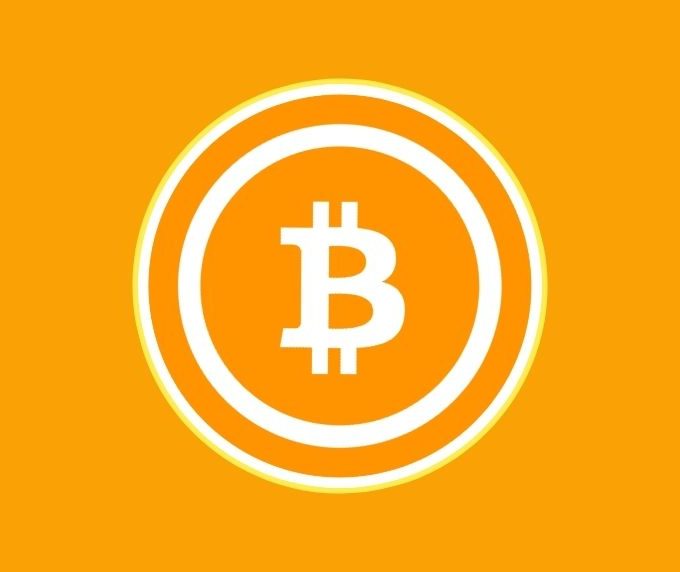The Central Bank of Brazil has sent out a public consultation notice that hopes to restrict crypto users from withdrawing stablecoins into self-custody wallets. Should the proposal be signed into law, centralized exchanges in the country would block residents from transferring stablecoins (tokens denominated in other currencies) in circumstances where a direct payent in other currencies was already permissible by the Brazilian government.
As cryptocurrencies continue to gain ground in countries outside the United States as a medium of transaction and investment exposure, we are experiencing a wave of government actions in the crypto industry. Earlier this week, the Financial Conduct Authority of the United Kingdom published a roadmap towards a 2026 policy that would regulate cryptocurrency innovations in the country. In Brazil, a 2022 crypto regulation bill saw the Central Bank of Brazil take responsibility for the formulation of policies guiding the crypto industry in Brazil.
On the 28th of February 2025, public consultations are expected to begin, which will have market stakeholders weigh in on how the regulation policy should operate. Notwithstanding, the Central Bank of Brazil reserves the right to override public opinions during policy implementation.
While a section of the Brazilian crypto space sees the move by the BCB to halt withdrawals into slef-custody wallets as rigid, the apex bank has responded that the move only seeks to produce an environment of legal certainty for corporate organizations and individuals. Should the proposed regulation obtain approval, virtual asset service merchants operating in the forex market will have three major responsibilities. These responsibilities include facilitating trans-border transactions via cryptocurrencies, offering exchange or custody services for crypto tokens denominated in Brazil local currency for non-residents and to oversee transactions involving crypto assets that are pegged to other currencies.
Under the same policy, all crypto investments will be subject to the same regulations as traditional investments. Also, all centralized exchanges in the country that offer services involving stable coins are expected to obtain foreign exchange licenses.
Disclaimer
Today's Gazette cannot take responsibility for any form of loss or inconvenience that may result from any material contained on this website. The content is provided for informational purposes only and should not be relied upon for legal or financial decision-making. Nothing on this platform should be misconstrued as financial advice.






Leave a comment